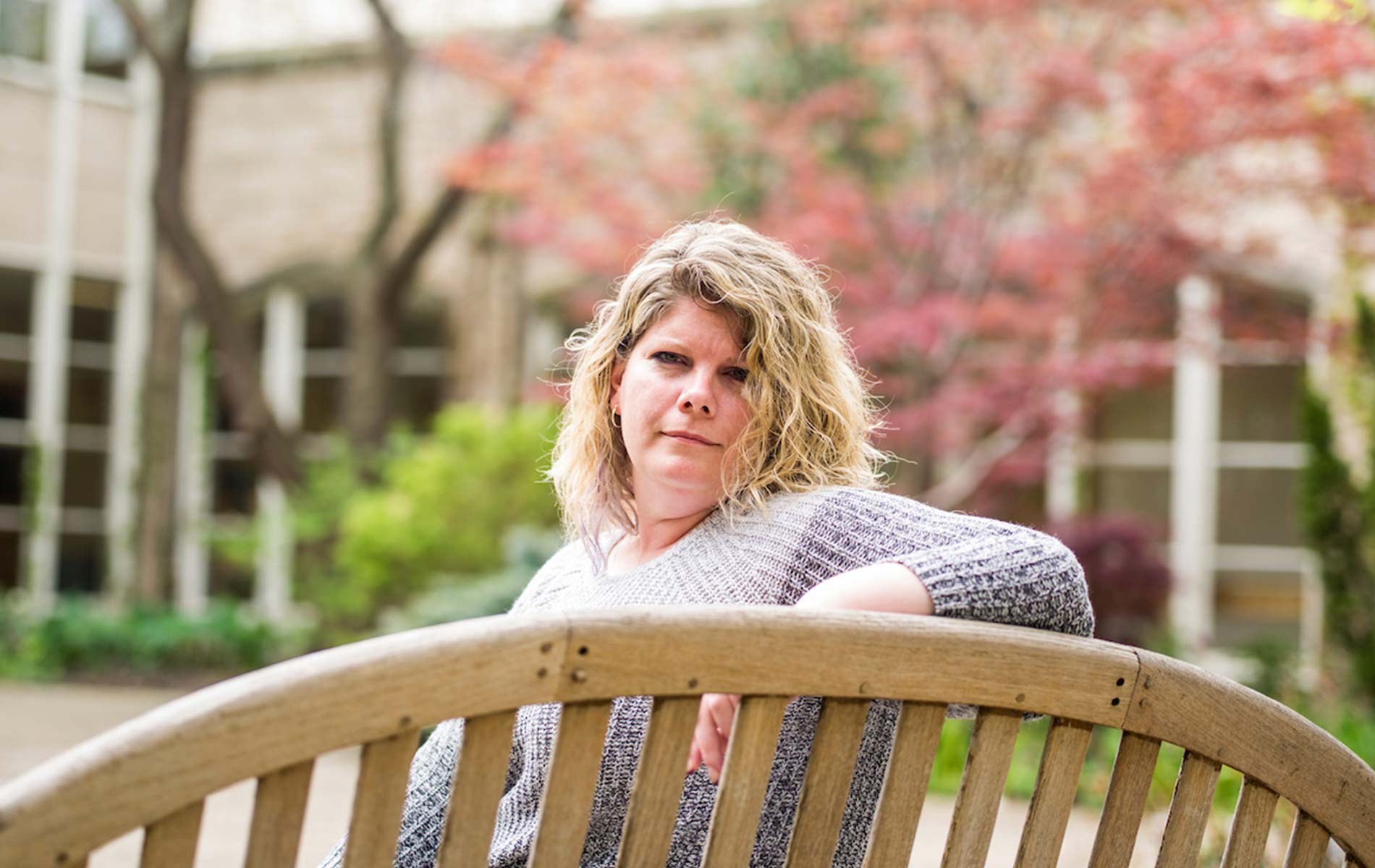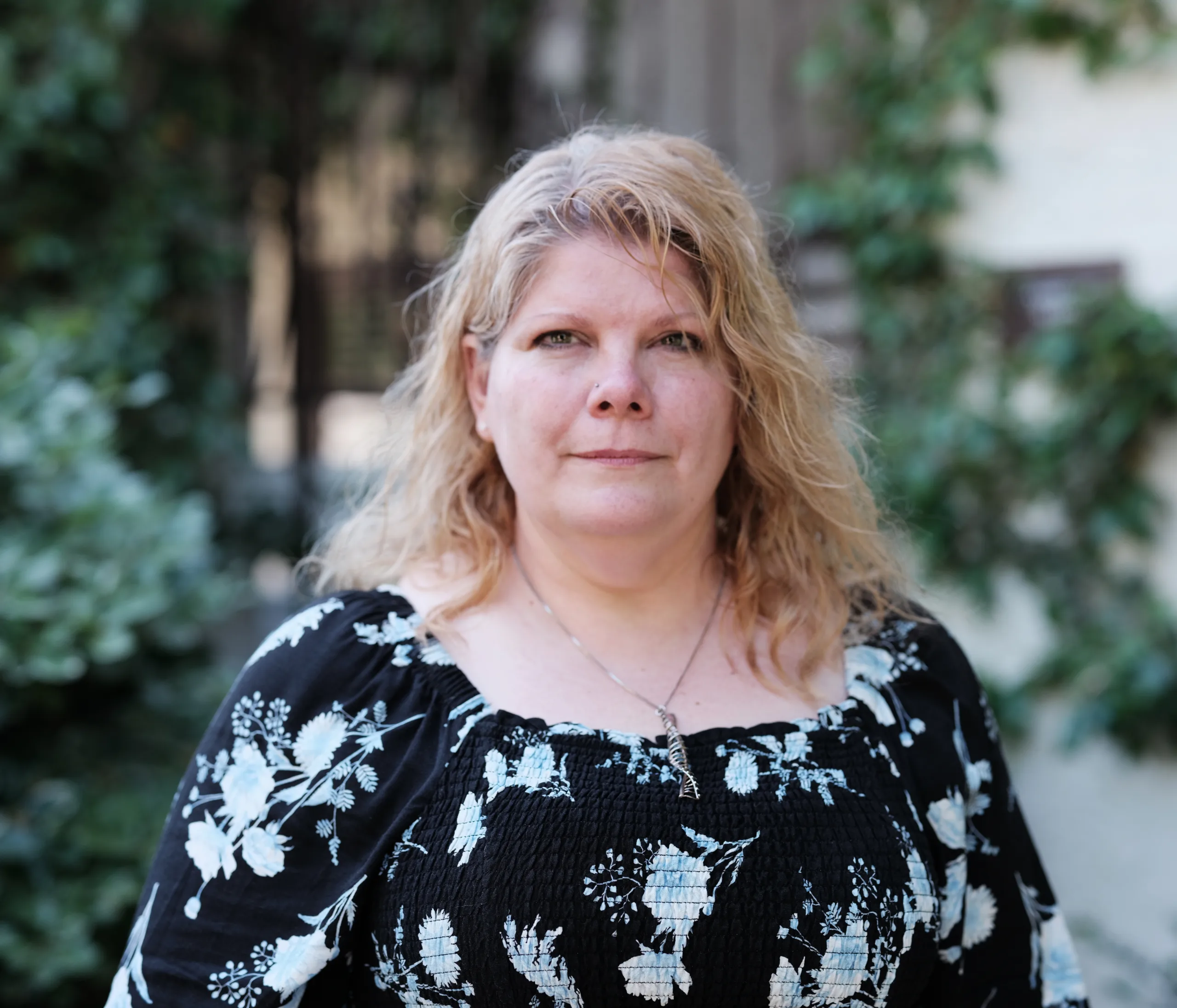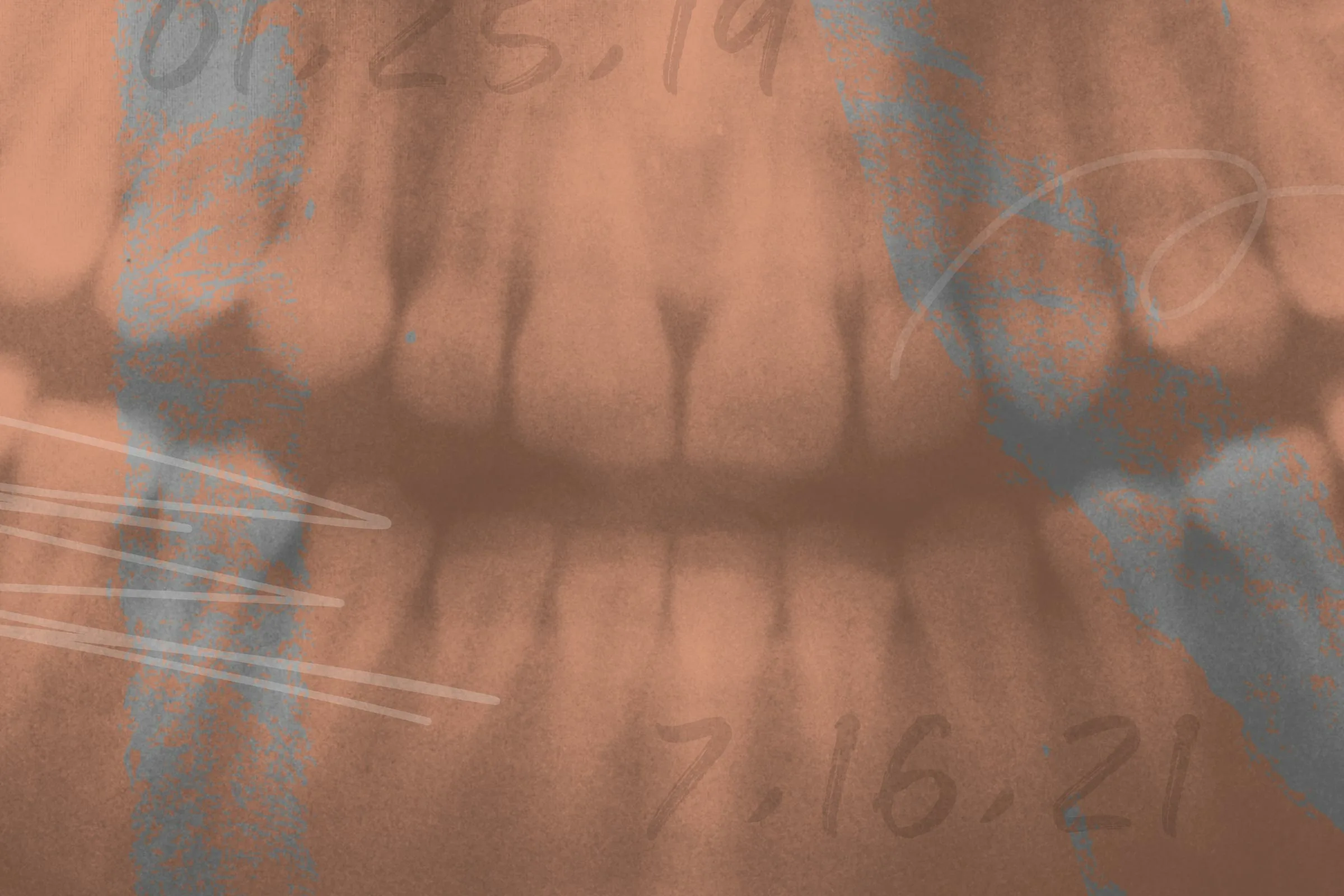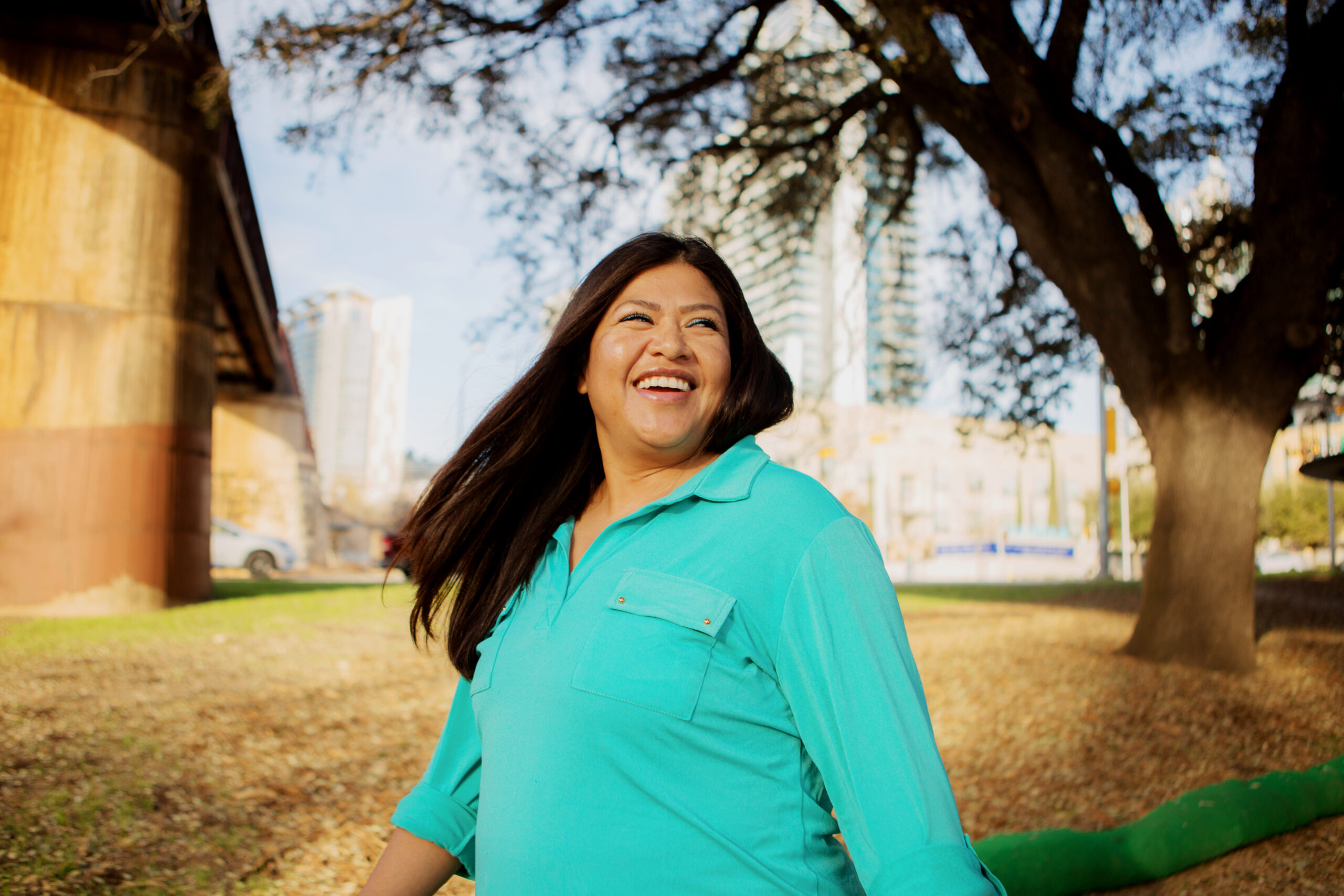I Wanted to Have Another Baby. 17 Years of Wrongful Conviction Made That Virtually Impossible.
At the age of 39, I wanted to have another baby but I soon realized that the lack of a comprehensive record of my health and quality care were major barriers in that pursuit.
Op-ed 04.05.24 By Kristine Bunch
In 2012, I walked out of Decatur County Jail in Indiana into the arms of my family, 17 years after I was wrongly arrested for arson that led to the death of my three-year-old son.
Like the majority of the 300 women exonerated in the U.S., I was wrongfully convicted for a crime that never happened.
I was overjoyed to be reunited with my family and supporters, but I emerged from prison suffering from lost time, grieving the loss of my child and with a myriad of healthcare challenges that most people would never imagine.
At the age of 39, I wanted to have another baby but I soon realized that the lack of a comprehensive record of my health and quality care were major barriers in that pursuit.
Inside, prison protocols dictate when life-saving and preventative exams are administered, leaving potential health issues undetected and untreated.
For instance, Federal Bureau of Prisons guidelines encourage preventive care screenings for breast cancer only every two years and they are reserved for women between the ages of 50-74, while cervical cancer screenings are limited to every three to five years. But the administration of these exams are individually based and at the discretion of each facility. In comparison, the American Cancer Society suggests women from the ages of 40-44 have the choice of annual mammograms, while women between 45-54 should have annual mammograms. The Center for Disease Control recommends women to have cervical cancer screenings every three years, if they receive normal results, beginning at age 21.
In my case, a routine physical confirmed I had gone 15 years without a mammogram and pap smear. The doctor immediately referred me to a gynecologist who, concerned about aspects of my health, ordered a mammogram and other tests to ensure that I did not have breast cancer. What followed was a series of costly examinations to effectively establish a baseline for my health that I never received in prison. These out-of-pocket payments, in total, came out to more than $2,000.
The financial burden of these tests fell squarely on my shoulders, and it took eight years for the state of Indiana to compensate me for my wrongful conviction.
The toll on my finances was significant, but the emotional impact was immeasurable.

“I faced an overwhelming task dealing with the complexities of reproductive health and potential motherhood while trying to rebuild my life in a vastly changed world.”
“I faced an overwhelming task dealing with the complexities of reproductive health and potential motherhood while trying to rebuild my life in a vastly changed world.”
Kristine Bunch
Kristine Bunch was wrongfully convicted in 1996 and spent 17 years in prison before being exonerated with the help of the Center on Wrongful Convictions in 2012. (Photo: Narayan Mahon)
Approaching 40, not only was I running out of time to have another child, but I was navigating a hugely complex and costly process. Screening potential sperm donors, undergoing fertility treatments like intrauterine insemination (IUI), and enduring the heartbreak of two miscarriages each came with its own emotional and financial strain. The next option, in vitro fertilization (IVF), led to a devastating ovarian torsion — a rare condition that amounts to the twisting of an ovary — making my dream of motherhood physically, financially, and emotionally unattainable. On top of the $9,500.00 for IVF, I paid another $2,500.00 for hospitalization and treatment after the ovarian torsion.
The stress was immense. I faced an overwhelming task dealing with the complexities of reproductive health and potential motherhood while trying to rebuild my life in a vastly changed world. I had no knowledge of options like freezing my eggs nor the financial resources to support my needs.
It is essential to shed light on the fact that women exonerees, like myself, are not adequately supported in addressing their health needs post-release. The truth is that the lack of focus on these issues perpetuates a cycle of injustice, denying exonerated women the chance to rebuild their lives fully. Women represent only about 8.5% of people exonerated in the U.S., and our re-entry needs are often overlooked and shaped by the experiences of male exonerees.
As a society, we have a moral obligation to support those who have been wrongfully incarcerated. It’s almost impossible to make up for 17 years of poor healthcare but we need to ensure that exonerees like me are given the opportunity to reclaim our health, dignity, and autonomy.
Legislators and local officials must recognize the unique needs of female exonerees and take concrete steps to implement programs that provide access to comprehensive health screenings and services, financial assistance for necessary medical procedures, and education on reproductive options, especially for women who have spent decades in prison. It is time to rectify the oversight and ensure that the rights and well-being of exonerated women are centered in the pursuit of justice for everyone.
Join me in calling state legislators and asking them what they’re doing to ensure all exonerees have access to the healthcare they need.
Kristine Bunch, a client of the Center on Wrongful Convictions, was freed 17 years after she was wrongfully arrested and charged with setting a fire that claimed the life of her three-year-old son on June 30, 1995. On March 21, 2012, the court reversed her conviction based on evolving and more reliable fire science. Today, Ms. Bunch is an advocate for exonerees and a member of the Innocence Project’s Speaker Bureau.



Leave a Reply
Thank you for visiting us. You can learn more about how we consider cases here. Please avoid sharing any personal information in the comments below and join us in making this a hate-speech free and safe space for everyone.